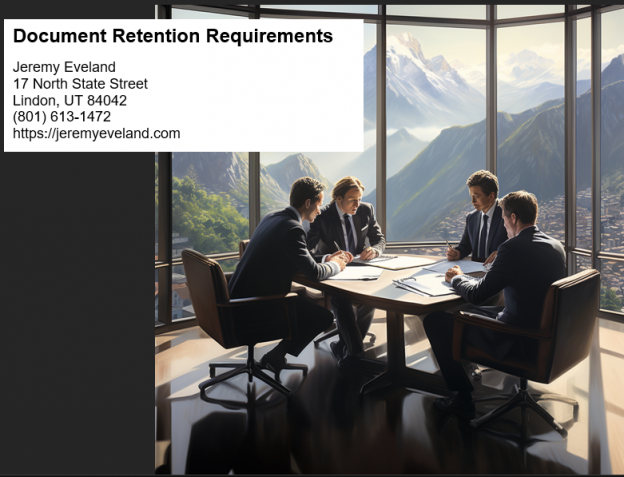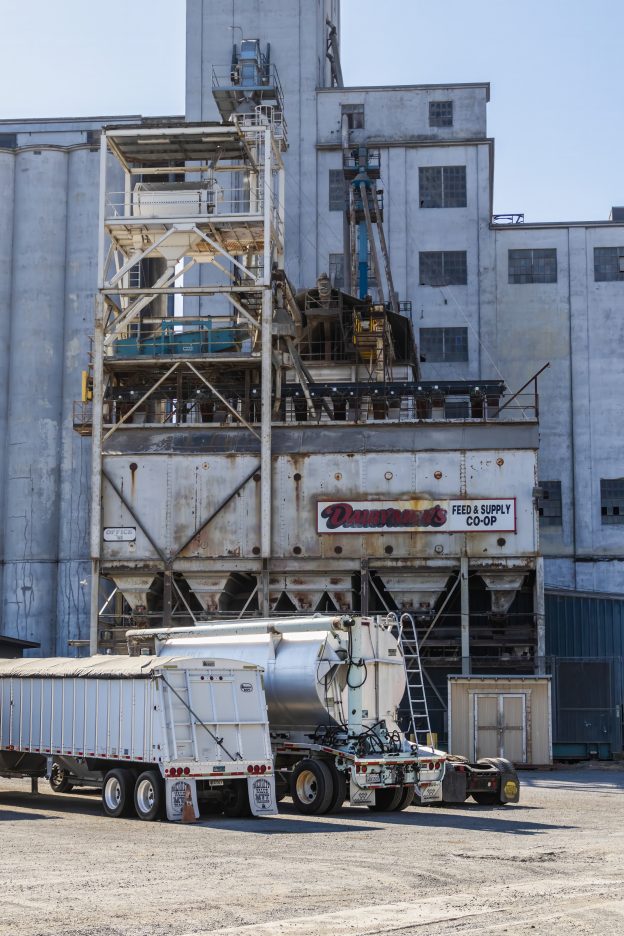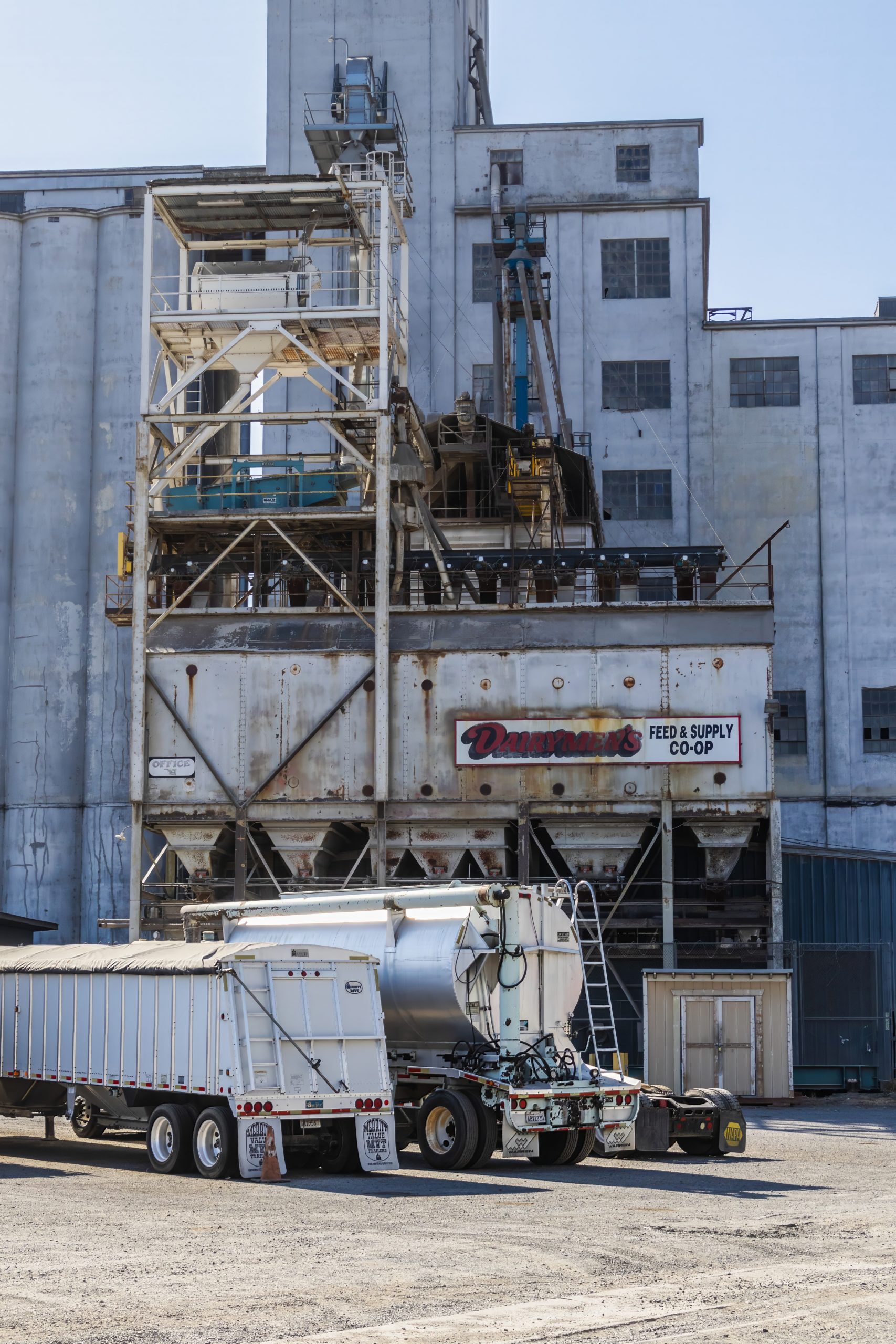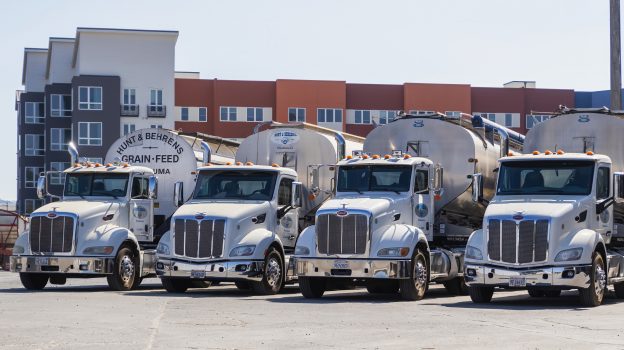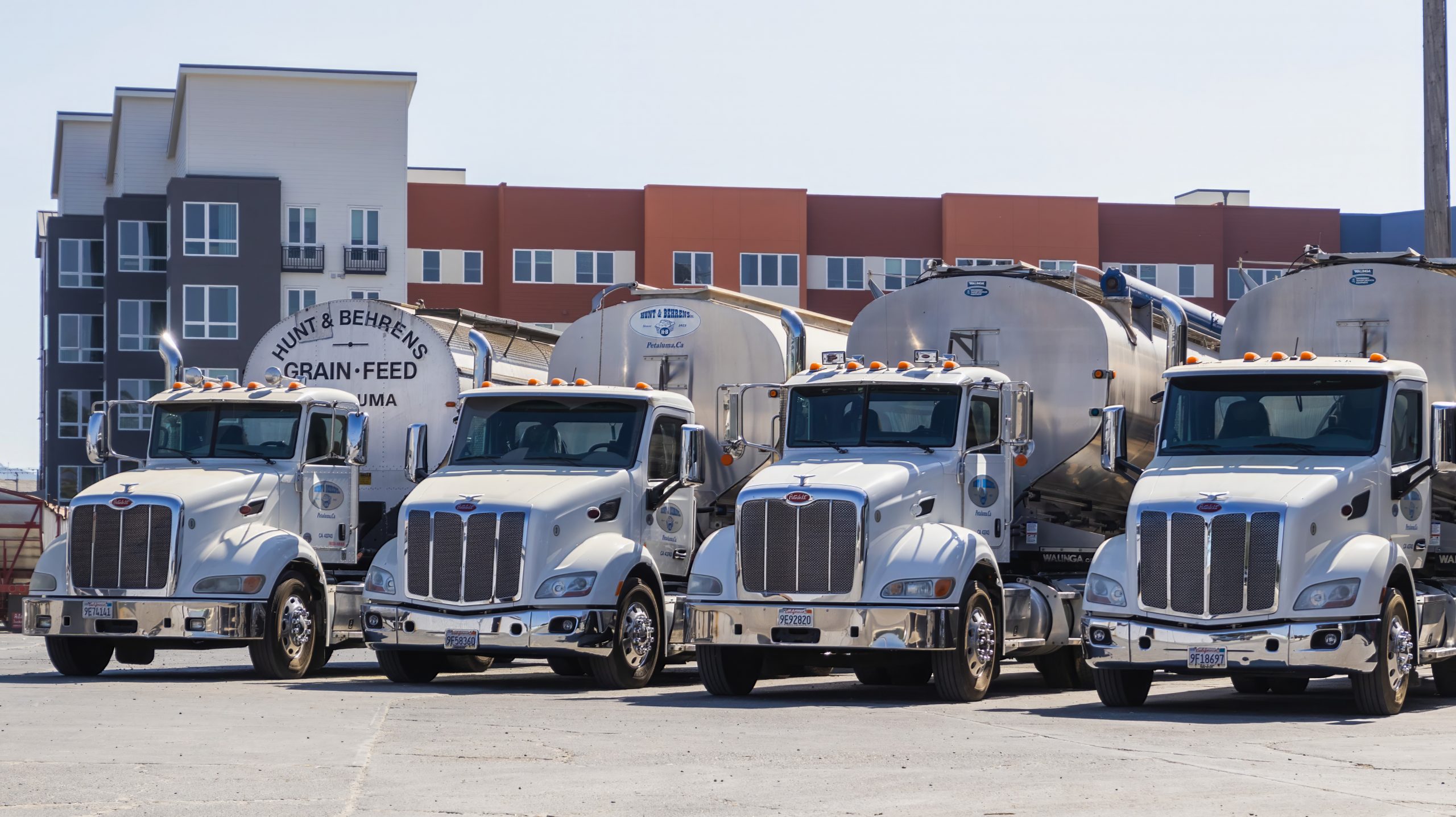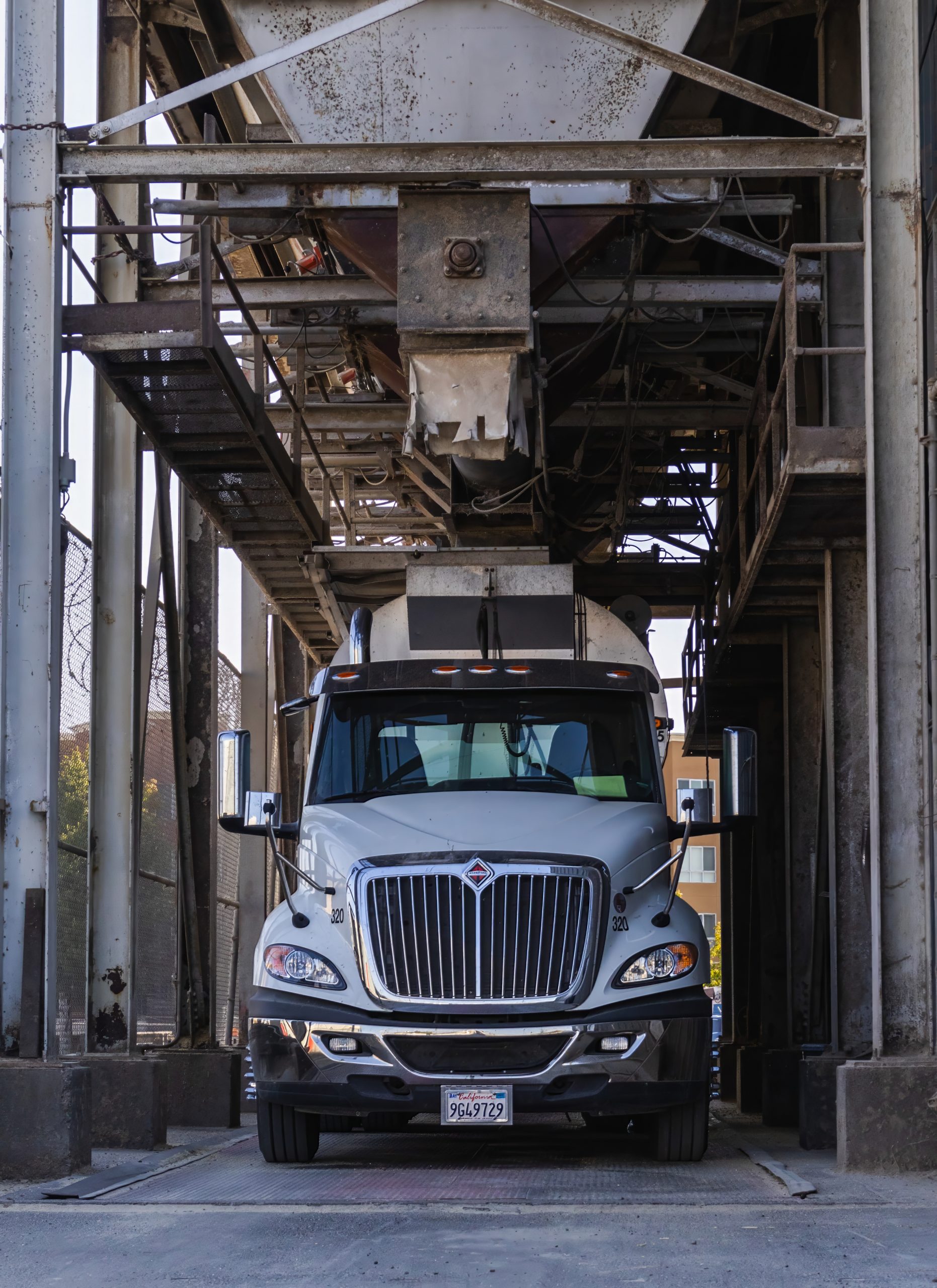In today’s digital age, businesses are collecting and storing vast amounts of data. However, it is crucial for businesses to have a data retention policy in place to ensure they are compliant with legal requirements and able to efficiently manage their data. With the complexities surrounding data retention laws, it can be overwhelming for businesses to create a comprehensive policy from scratch. That’s where data retention policy templates come in. These templates provide businesses with a framework to easily create a tailored and compliant data retention policy. In this article, we will explore the importance of data retention policies, the key components to include, and how these templates can simplify the process for businesses.

Data Retention Policy Templates
As businesses continue to generate and collect large amounts of data, it becomes crucial for organizations to establish a comprehensive data retention policy. A data retention policy outlines the procedures and guidelines for retaining, archiving, and disposing of data in a systematic and legally compliant manner. In this article, we will explore the importance of a data retention policy, understand data retention laws, discuss key components of a policy, types of data to include, creating a data retention schedule, sample policy templates, legal requirements, implementing and enforcing a policy, and the consequences of non-compliance.
Why a Data Retention Policy is Important
Definition and Purpose of a Data Retention Policy
A data retention policy is a formal document that outlines an organization’s procedures for managing and retaining data. It serves as a guide to ensure that data is stored, retained, and disposed of appropriately and in compliance with applicable laws and regulations. The purpose of a data retention policy is to establish a systematic approach to data management, protect the organization from legal challenges, preserve important information, and mitigate data breach risks.
Benefits of Having a Data Retention Policy
Implementing a data retention policy offers a multitude of benefits for organizations. Firstly, it enables a proactive approach to data management by setting clear guidelines on how data is stored, retained, and disposed of. This ensures that data is organized, accessible when needed, and reduces the risk of clutter or data overload.
Secondly, a data retention policy provides protection against legal challenges. By understanding and complying with relevant data retention laws, organizations can avoid penalties, fines, and litigation. It demonstrates that the company has taken necessary steps to protect customer privacy, intellectual property, and sensitive information.
Furthermore, a data retention policy helps preserve important information. Organizations often deal with critical data that needs to be retained for future reference, audits, or legal obligations. With a clearly defined retention policy, relevant data can be securely stored and easily retrieved when required.
Lastly, a well-implemented policy can mitigate data breach risks. By identifying data categories, implementing appropriate security measures, and defining retention periods, organizations can safeguard sensitive information and minimize the potential impact of data breaches.
Proactive Approach to Data Management
A data retention policy allows organizations to adopt a proactive approach to data management. By establishing clear guidelines on data retention, organizations can effectively manage their data resources, prevent data overload, and ensure that data is easily accessible when needed. This approach helps improve data integrity, accuracy, and overall data quality, enhancing operational efficiency and decision-making processes.
Protection against Legal Challenges
In today’s regulatory environment, organizations face a complex web of data protection and privacy laws. A data retention policy ensures that organizations comply with relevant regulations, reducing the risk of legal challenges. By specifying retention periods, consent requirements, and security measures, organizations can demonstrate a commitment to protecting personal data and confidential information.
Preserving Important Information
Organizations often deal with crucial business data, such as financial records, contracts, or intellectual property. A data retention policy helps preserve and archive this important information, ensuring its availability for future reference, audits, or legal requirements. By defining retention periods and storage methods, organizations can securely retain and retrieve important data as needed.
Mitigating Data Breach Risks
Data breaches can have severe consequences for organizations, including financial loss, reputation damage, and legal liabilities. A data retention policy plays a critical role in mitigating data breach risks. By categorizing data and implementing appropriate security measures, organizations can ensure that sensitive information remains protected throughout its lifecycle. Additionally, by setting retention periods and data disposal procedures, organizations can minimize the amount of data at risk in case of a breach.
Understanding Data Retention Laws
Overview of Data Retention Laws
Data retention laws refer to regulations that mandate organizations to retain certain types of data for specific periods of time. These laws are designed to ensure data protection, privacy, and national security. Data retention laws vary by country and jurisdiction, with some regions imposing strict requirements on specific industries or types of data.
Applicable Local and International Regulations
When creating a data retention policy, it is crucial for organizations to understand the applicable local and international regulations. In the United States, companies must comply with various federal and state laws, such as the Health Insurance Portability and Accountability Act (HIPAA) for healthcare data, the Sarbanes-Oxley Act (SOX) for financial records, and the General Data Protection Regulation (GDPR) for handling European Union citizen data.
Internationally, organizations operating across borders must comply with laws specific to each jurisdiction. For example, the European Union has implemented strict data protection laws through the GDPR, which affects any organization that processes the personal data of EU citizens.
Common Industry-Specific Data Retention Requirements
Different industries often have specific data retention requirements based on industry regulations and standards. For example, healthcare organizations are required to retain patient records for a certain number of years, while financial institutions must retain financial and accounting records for a specific period. It is essential for organizations to understand industry-specific data retention requirements and incorporate them into their data retention policy.
Changes to Data Retention Laws
Data retention laws are subject to change and organizations must stay updated with any proposed or enacted changes. It is important to regularly review the data retention policy to ensure compliance with new regulations and modify the policy accordingly. Additionally, organizations should actively monitor legal developments and consult legal professionals to stay informed about any changes that may affect their data retention practices.
Key Components of a Data Retention Policy
A well-structured data retention policy should encompass several key components to ensure its effectiveness and compliance. These components include policy objectives and scope, roles and responsibilities, data classification and categorization, data retention periods, data storage and security measures, data disposal procedures, and monitoring and compliance mechanisms.
Policy Objective and Scope
The data retention policy should clearly define the objectives and scope of the policy. It should state the purpose of the policy, the types of data covered, and the intended audience or individuals responsible for compliance. This section provides a foundational understanding of the policy and its importance within the organization.
Roles and Responsibilities
Defining roles and responsibilities is crucial for effective implementation of a data retention policy. This section identifies the individuals or departments responsible for data management, retention, and compliance. It assigns accountability and outlines the tasks and obligations of each role, ensuring clear communication and coordination.
Data Classification and Categorization
Data classification is the process of categorizing data based on its sensitivity, criticality, and regulatory requirements. The policy should provide guidelines for data classification, such as defining different data categories or labels and specifying the criteria for classification. This section ensures that data is appropriately classified to determine retention periods, storage methods, and security measures.
Data Retention Periods
Data retention periods refer to the duration for which data should be retained. It is essential to specify retention periods for different types of data to ensure compliance with applicable laws and regulations. The policy should outline the retention periods for each data category and provide a rationale for determining these periods, considering legal requirements, business needs, and industry standards.
Data Storage and Security Measures
The data retention policy should address data storage and security measures to protect sensitive and confidential information from unauthorized access, loss, or breaches. This section may include guidelines on encryption, access controls, backup procedures, disaster recovery plans, and data storage locations. It ensures that data is stored securely throughout its retention period, and that appropriate measures are in place to safeguard against potential risks.
Data Disposal Procedures
Data disposal procedures are necessary to ensure that data is securely disposed of at the end of its retention period or when no longer needed. The policy should define the methods and requirements for data disposal, such as data anonymization, destruction, or deletion. Proper data disposal minimizes the risk of data breaches and ensures compliance with privacy regulations.
Monitoring and Compliance
To ensure the effectiveness of the data retention policy, monitoring and compliance mechanisms should be established. This section outlines how the policy will be monitored, audited, and enforced within the organization. It may include regular internal audits, risk assessments, consent verification, and reporting procedures. Monitoring and compliance measures help identify any gaps or non-compliance, allowing for timely corrective actions to be taken.
Types of Data to Include in a Data Retention Policy
A comprehensive data retention policy covers various types of data that organizations may handle. These include personal identifiable information (PII), financial and accounting records, human resources data, customer and client data, marketing and sales data, and intellectual property and trade secrets.
Personal Identifiable Information (PII)
Personal identifiable information, also known as PII, refers to any data that can be used to identify an individual directly or indirectly. This includes sensitive information such as names, addresses, social security numbers, and financial details. The policy should cover guidelines for the retention, protection, and disposal of PII, in compliance with relevant privacy laws.
Financial and Accounting Records
Financial and accounting records are crucial for organizations to maintain transparency, comply with tax regulations, and demonstrate financial health. The data retention policy should address the retention periods for financial statements, invoices, receipts, and other financial records. It should also specify any legal or industry-specific requirements for maintaining such records.
Human Resources Data
Human resources data includes employee records, performance evaluations, payroll information, and other personnel-related information. Organizations should define the retention periods for these records, taking into account legal requirements, such as tax regulations or employment laws. Additionally, the policy should outline the security measures to protect employees’ personal data.
Customer and Client Data
Customer and client data is essential for businesses to provide products or services, manage relationships, and execute marketing campaigns. The policy should address how customer and client data is retained, stored, and protected. It may include guidelines on consent management, data sharing agreements, or data anonymization practices to comply with relevant data protection laws.
Marketing and Sales Data
Marketing and sales data includes customer interactions, marketing campaigns, sales records, and customer preferences. The policy should specify the retention periods for marketing and sales data, taking into consideration the organization’s marketing strategies, industry practices, and legal requirements. It should also outline any restrictions on using customer data for marketing purposes.
Intellectual Property and Trade Secrets
Intellectual property and trade secrets are valuable assets for organizations, requiring appropriate protection and retention measures. The policy should address the retention and safeguarding of intellectual property, including patents, trademarks, copyrights, and trade secrets. It may include guidelines on data encryption, access controls, and non-disclosure agreements to protect sensitive information from unauthorized disclosure.
Creating a Data Retention Schedule
A data retention schedule is a vital component of the data retention policy. It provides a systematic framework for managing data retention, ensuring compliance with legal and business requirements. The following steps can help organizations create an effective data retention schedule:
Identifying Data Categories and Sources
Start by identifying the various data categories handled by the organization and their sources. This may include customer data, financial records, employee information, or proprietary data. Understanding the source and nature of the data is essential for determining appropriate retention periods.
Determining Appropriate Retention Periods
Based on legal requirements, industry practices, and business needs, determine the appropriate retention periods for each data category. Consider factors such as regulatory requirements, potential litigation risks, historical data analysis, and future audit needs. It is essential to strike a balance between retaining data for a reasonable period and avoiding unnecessary accumulation.
Considering Legal and Business Requirements
While creating the retention schedule, organizations must consider both legal and business requirements. Legal obligations may dictate the minimum retention periods for specific types of data. Business needs, on the other hand, may require retaining data for a longer period for analysis, historical reference, or strategic decision-making. The schedule should align with both legal compliance and operational priorities.
Reviewing Retention Periods Regularly
Data retention requirements may change over time due to evolving laws, industry practices, or organizational needs. It is important to review and update the data retention schedule regularly to ensure compliance with any new regulations or changes in business requirements. Schedule periodic reviews to assess the relevance and effectiveness of the retention periods.
Documenting and Communicating the Schedule
Once the data retention schedule is finalized, it should be documented and communicated to all relevant individuals within the organization. This ensures that employees are aware of their responsibilities regarding data retention and disposal. Additionally, maintaining a documented schedule helps demonstrate compliance during audits or legal challenges.

Sample Data Retention Policy Templates
To assist organizations in creating their data retention policies, sample templates can provide a starting point. Each organization should customize the template to meet its specific needs, industry regulations, and legal requirements. Here are three sample data retention policy templates:
Template A: Comprehensive Data Retention Policy
[Insert Template A content]
Template B: Small Business Data Retention Policy
[Insert Template B content]
Template C: International Data Retention Policy
[Insert Template C content]
Legal Requirements for Data Retention Policies
Compliance with data protection laws is essential when implementing a data retention policy. Organizations must adhere to relevant regulations to avoid legal consequences. Some of the legal requirements that organizations should consider include:
Compliance with Data Protection Laws
Data protection laws, such as the GDPR, require organizations to handle personal data in a specific manner. The data retention policy must align with these laws, ensuring that personal data is lawfully processed, stored securely, and retained for no longer than necessary. Organizations must also obtain proper consent for processing personal data and provide individuals with control over their data.
Consent and Privacy Considerations
Consent is a crucial aspect of data retention. Organizations must ensure that they have obtained proper consent from individuals for processing and retaining their data. The policy should specify the criteria for obtaining valid consent and outline the procedures for managing consent revocations or data subject requests related to retention.
Privacy considerations should also be addressed within the policy. Organizations should articulate how they protect and respect individuals’ privacy rights throughout the data retention process. This may include procedures for data anonymization or pseudonymization to minimize privacy risks.
Cross-Border Data Transfers
For organizations operating internationally or handling data across borders, it is important to consider the legal requirements for cross-border data transfers. Some countries or regions impose restrictions on transferring personal data outside their jurisdiction. The policy should outline procedures for ensuring compliance with cross-border data transfer regulations, such as utilizing standard contractual clauses or obtaining adequacy determinations.
Record-Keeping Obligations
Several industries have specific record-keeping obligations that organizations must comply with. These obligations require retention of records for a specified period to satisfy regulatory, operational, or legal requirements. The policy must address these industry-specific record-keeping obligations and incorporate them into the data retention schedule.

Implementing and Enforcing a Data Retention Policy
Creating a data retention policy is only the first step. Organizations must actively implement and enforce the policy to ensure compliance and mitigate risks. The following practices can help in effectively implementing and enforcing a data retention policy:
Internal Awareness and Training Programs
Providing employees with comprehensive training and awareness programs is crucial for policy implementation. Employees should understand the purpose and importance of the data retention policy, their roles and responsibilities, and the potential consequences of non-compliance. Regular training sessions can keep employees updated on changes in laws, industry practices, and organizational policies.
Assigning Responsibility and Accountability
Each individual or department involved in data management should be assigned clear responsibilities and accountability. This ensures that data retention practices are effectively implemented, monitored, and audited. Designated individuals or teams should be responsible for compliance monitoring, policy updates, and handling data retention-related queries or incidents.
Documenting Policy Acknowledgment and Compliance
Organizations should maintain records of employees’ acknowledgment and acceptance of the data retention policy. This can be done through signed acknowledgment forms or electronic confirmation. It is essential to document policy compliance as well, including any incidents, investigations, or corrective actions taken. This documentation serves as evidence of compliance and supports legal defenses if required.
Regular Audits and Risk Assessments
Regular internal audits and risk assessments help organizations identify any gaps or non-compliance with the data retention policy. Audits should evaluate data retention practices, storage methods, security measures, and disposal procedures. Risk assessments should identify potential vulnerabilities, threats, and areas for improvement. These assessments help organizations proactively address any issues and make necessary adjustments to ensure compliance.
Handling Policy Violations
Any policy violations should be handled promptly and in accordance with company policies and procedures. Organizations should have a disciplinary framework in place to address non-compliance and enforce consequences. This may include retraining, performance improvement plans, or disciplinary actions, depending on the severity and frequency of the violation. Consistent enforcement of the policy helps maintain a culture of data compliance and promotes accountability within the organization.
Consequences of Non-compliance with Data Retention Policies
Non-compliance with data retention policies can have serious consequences for organizations. Some of the potential consequences include:
Legal Penalties and Fines
Non-compliance with data retention laws can result in penalties and fines imposed by regulatory authorities. The amount of the fines can vary depending on the severity of the violation and the applicable laws. In some cases, fines can amount to millions of dollars, putting significant financial strain on organizations.
Litigation and Legal Liabilities
Failure to adhere to data retention policies and comply with applicable laws can lead to legal liabilities. Individuals may file lawsuits against the organization for mishandling their data, resulting in reputational damage and costly legal battles. Organizations may also face legal actions from regulatory bodies, shareholders, or business partners, further impacting their operations and finances.
Reputational Damage
Non-compliance with data retention policies can severely damage an organization’s reputation. News of data breaches or mishandling of sensitive information can spread quickly, leading to a loss of customer trust and a tarnished brand image. Rebuilding trust and recovering a damaged reputation can be a challenging and lengthy process.
Loss of Business Opportunities
Organizations that do not prioritize data protection and compliance may face limitations or restrictions in business opportunities. Partners, clients, or customers may choose not to engage with organizations that have a history of non-compliance. Compliance with data retention policies can help organizations build credibility and garner trust in the marketplace.
Regulatory Scrutiny and Audits
Non-compliance may subject organizations to increased regulatory scrutiny and audits. Regulatory bodies may investigate the organization’s data practices, leading to disruptions and additional costs. Organizations that fail to demonstrate compliance may be subject to more frequent audits, which can strain resources and distract from core business activities.
FAQs about Data Retention Policies and Templates
Q: What is a data retention policy?
A: A data retention policy is a formal document that outlines an organization’s procedures and guidelines for managing data retention, storage, and disposal. It ensures compliance with relevant laws and supports efficient data management practices.
Q: Is a data retention policy legally required?
A: The legal requirement for a data retention policy varies by jurisdiction and industry. However, even if not legally required, having a data retention policy is highly recommended to ensure compliance, protect sensitive information, and mitigate data breach risks.
Q: What are the benefits of implementing a data retention policy?
A: Implementing a data retention policy offers several benefits, including improved data management, protection against legal challenges and data breaches, preservation of important information, improved operational efficiency, and enhanced decision-making processes.
Q: How often should the data retention policy be reviewed?
A: It is recommended to review the data retention policy periodically, at least annually or whenever there are significant changes to laws, regulations, industry practices, or organizational needs. Regular reviews help ensure that the policy remains up to date and effective.
Q: Can data retention policies vary by industry?
A: Yes, data retention policies can vary by industry due to different legal requirements, regulatory obligations, and operational needs. Industries such as healthcare, finance, and retail may have specific data retention requirements that organizations must comply with.
Legal Consultation
When you need help from a lawyer call attorney Jeremy D. Eveland, MBA, JD (801) 613-1472 for a consultation.
Jeremy Eveland
17 North State Street
Lindon UT 84042
(801) 613-1472

